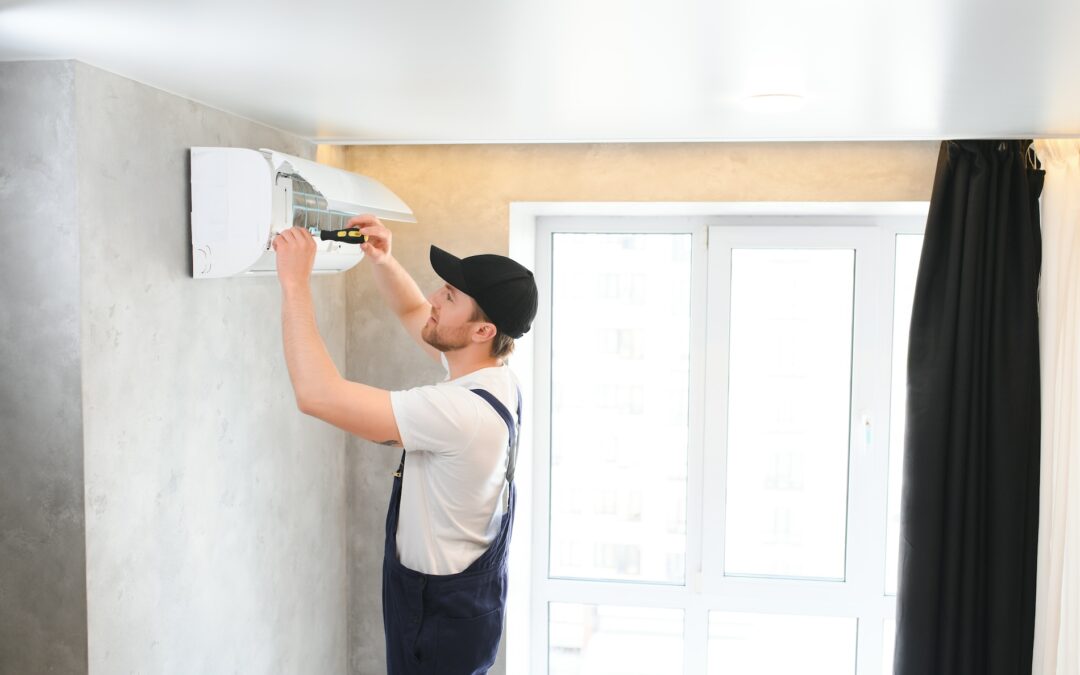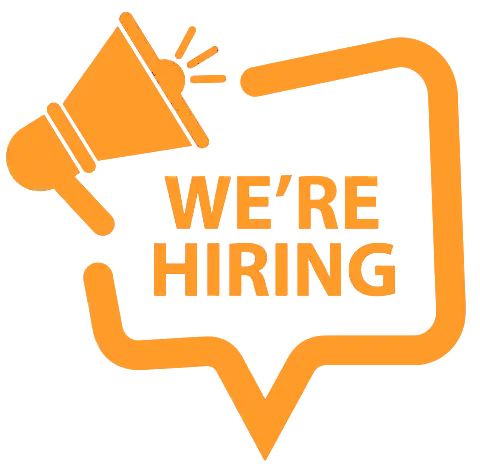Your AC system might seem like it’s working fine—until something goes wrong at the worst possible time. For many homeowners in Aurora, the first real heat of summer is when AC problems suddenly show up. Issues can start quietly and build up over time. If you’re only reacting once the system actually stops working, it can cause a lot of discomfort and higher repair bills.
Knowing what warning signs to watch for can make a big difference. Odd smells, weak airflow, or rising energy costs could each signal that your system needs professional attention. Spotting the problems early can help prevent a full breakdown right in the middle of a summer heatwave. Here are some hidden signs that shouldn’t be ignored if you rely on your AC every day in Aurora.
Strange Noises And Odd Smells
Unfamiliar sounds coming from your AC are more than just an annoyance—they’re often one of the first signs something’s wrong. Clicking, buzzing, rattling, or screeching noises might point to loose parts, electrical concerns, or problems inside the motor or fan. In most cases, these noises won’t go away on their own. The longer they’re ignored, the worse the damage can get.
Just like with noises, odd smells can signal underlying issues that may require immediate attention:
– A burning smell often means wiring or mechanical issues, especially if the system has recently turned on
– A musty odor might point to mold growth in or around the unit or ductwork
– Sour or rotten smells could signal stagnant water or clogged drains inside the system
Both noises and smells can gradually get worse. For example, a slight buzzing sound could later turn into a constant hum or eventually stop the system from starting altogether. If you notice any of these changes in your Aurora home, don’t wait to reach out for professional AC repair.
Weak Or Inconsistent Airflow
If parts of your home stay warm even when the AC is running, this could point to airflow issues. Many people assume they just need to turn the thermostat lower, but if cool air isn’t moving through the house evenly, that’s often a sign of a problem in the ductwork or with the system itself.
Here’s what to look out for:
– Air feels weak, even when standing near a vent
– Rooms farthest from the unit feel much warmer
– Some vents blow cold air, while others barely give any
Several things could cause poor airflow. It might be a clogged filter, blocked duct, or a failing blower. If the filter isn’t replaced regularly, it can restrict airflow and put unnecessary strain on the system. Duct leaks can force cooled air out before it even reaches the rooms it’s intended to cool. In areas like Aurora, where the heat can build fast in the summer, uneven cooling makes your system work harder, raising energy costs and lowering comfort.
Addressing these issues early with a professional inspection can avoid expensive repairs later and help your AC work like it should throughout the season.
Higher Energy Bills Without a Clear Reason
If your monthly energy bill in Aurora has recently gone up and you’re using your AC the same way, that could be a signal. Air conditioning systems that aren’t working efficiently often pull more electricity to keep up with your home’s cooling needs. Even if the system seems to be cooling, it may be working harder than it should behind the scenes.
Several problems can lead to higher energy usage:
– Dirty or clogged filters restrict airflow, forcing the unit to run longer
– Low refrigerant levels mean the system has to work harder to keep the home cool
– Duct leaks allow cooled air to escape, especially in unfinished spaces like attics
– A failing thermostat could be misreading the temperature and overworking the system
Ignoring sudden increases in your energy bills can lead to bigger mechanical failures later. A homeowner in Aurora shared that after noticing a sharp spike in their monthly bill and assuming it was due to summer heat, they later found that their AC’s capacitor had been failing slowly. It hadn’t fully broken down, but was making the system run longer and start less efficiently. Catching that kind of issue earlier would have avoided an emergency repair on a very hot day.
If you keep seeing higher than usual cooling costs, even small ones, it’s worth investigating. Getting ahead of the problem can help you avoid a breakdown and get your system working properly again.
Frequent Cycling On And Off
Short cycling happens when your AC system keeps turning on and off without running a full cooling cycle. This isn’t just irritating—it’s hard on the equipment and can shorten the life of the system. In Aurora’s hot summers, that means your unit might fail when you need it most.
Here are some common causes of short cycling:
– A dirty air filter or clogged coil limits airflow and overheats the system
– The thermostat is placed too close to a vent or heat-producing appliance
– Low refrigerant levels prevent the AC from cooling properly
– A mismatch between the AC size and the home can lead to incorrect cycling
Your AC isn’t designed to power up and shut down frequently. Every time it starts, it pulls a lot of energy. Repeated cycling puts added stress on vital parts, burns more energy, and won’t cool your home consistently. If you hear your system turning off and on every few minutes, especially on warm days, don’t brush it off. It’s often a red flag that something serious is starting to go wrong.
Leaks And Moisture Around The Unit
Water or refrigerant leaks from your AC system are never normal. A small puddle near the indoor unit or signs of moisture on nearby walls or floorboards can point to a bigger hidden issue. If left unaddressed, these problems can lead to mold, property damage, and poor air quality.
Keep an eye out for these signs around your unit:
– Dripping water or standing moisture near indoor components
– Ice forming on the evaporator coil or copper lines
– Water stains appearing on walls or ceilings near AC equipment
– Musty smells in the same area where moisture is building up
These symptoms could signal a clogged drain line, cracked drain pan, or even a refrigerant leak. If refrigerant is leaking, it can also cause the AC to cool unevenly and struggle to maintain set temperatures. Dealing with water damage is stressful and costly—something no homeowner in Aurora wants in the middle of summer.
Moisture problems don’t always show up all at once. At first, you might just notice the floor feeling damp or a dark spot on the wall. If you see anything out of place around your unit, it’s best to shut it off and have the issue inspected quickly. Ignoring leaks can lead to major damage if they soak into drywall or flooring.
Know The Signs And Take Action Early
When your AC starts showing these less obvious signs, it’s best not to wait. Many of the issues above can grow worse fast, especially during a hot summer stretch in Aurora. A strange sound today could become a system failure tomorrow. A damp floor could turn into mold within days.
Catching these early signs gives you the best chance to stop the damage and keep your home comfortable. Even if the system is still running, it might not be running safely or wisely. Paying attention to these red flags can save time, money, and frustration down the road. When something seems off, trust what your AC is telling you—then bring in the right support to fix it before the problem gets bigger.
If you notice any of these warning signs with your AC, it’s time to take action. Guaranteed Mechanical is ready to help restore comfort to your home with reliable AC repair in Aurora. For a quick estimate or to book a service visit, please contact us today.




Recent Comments